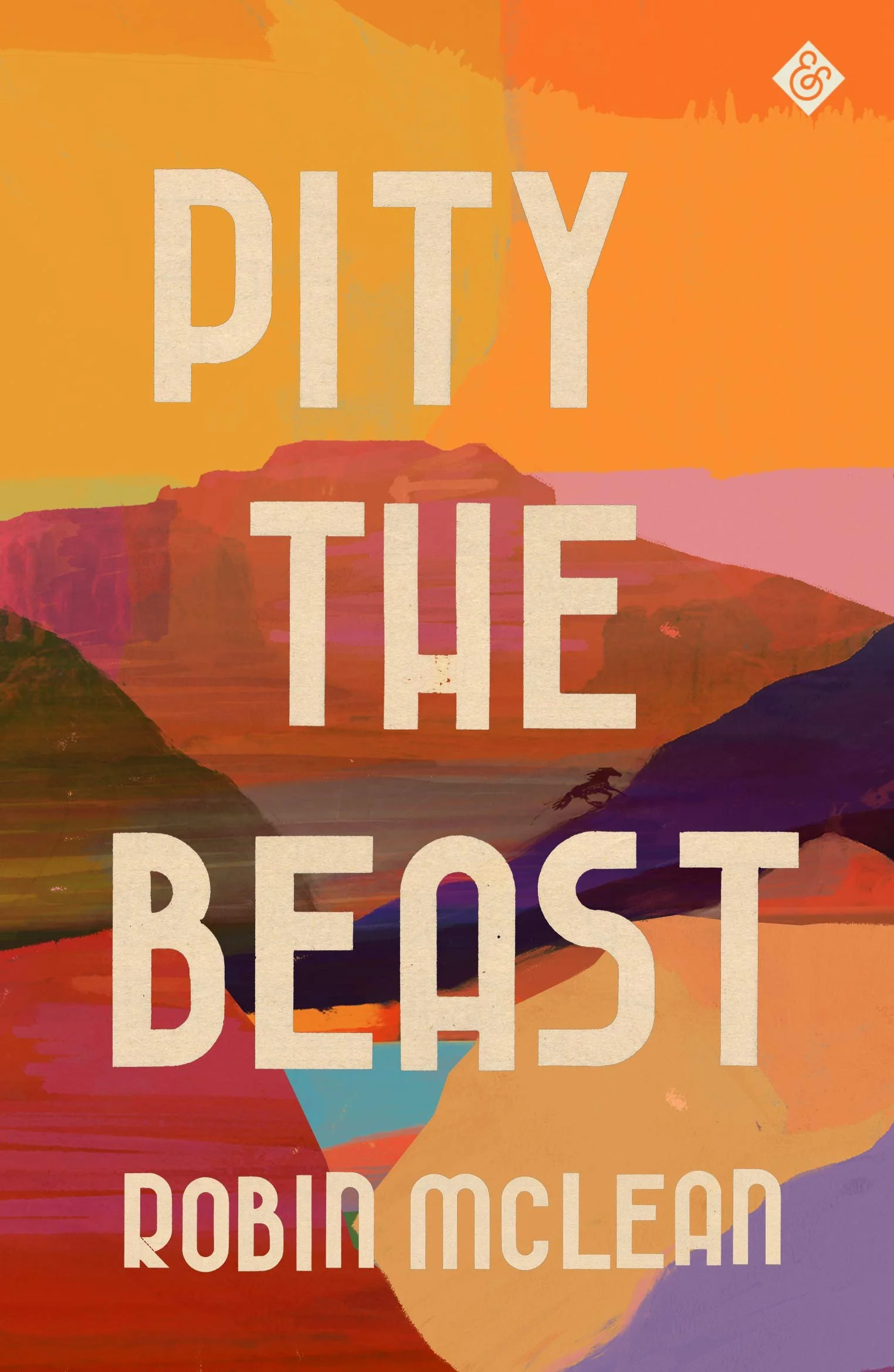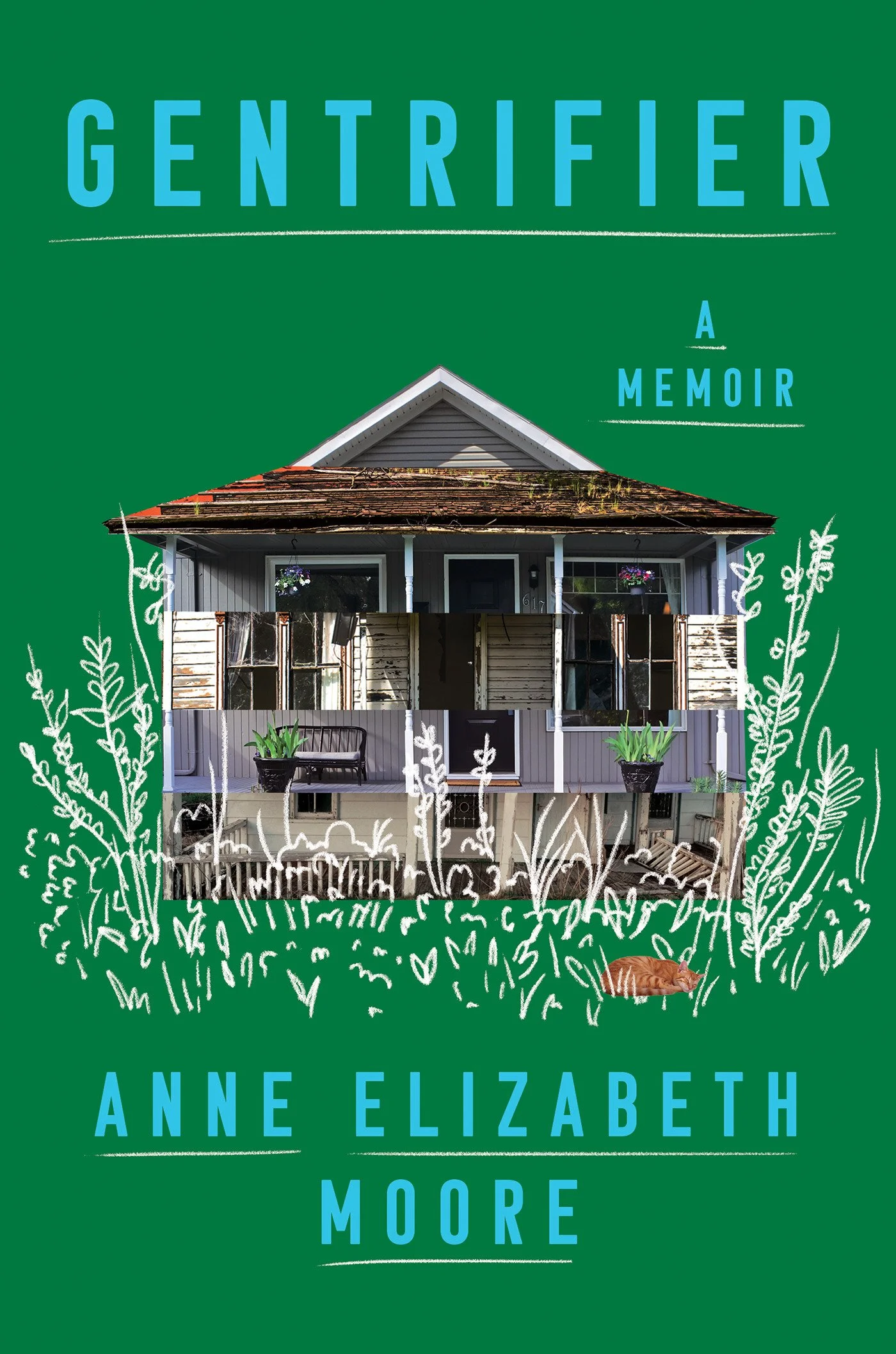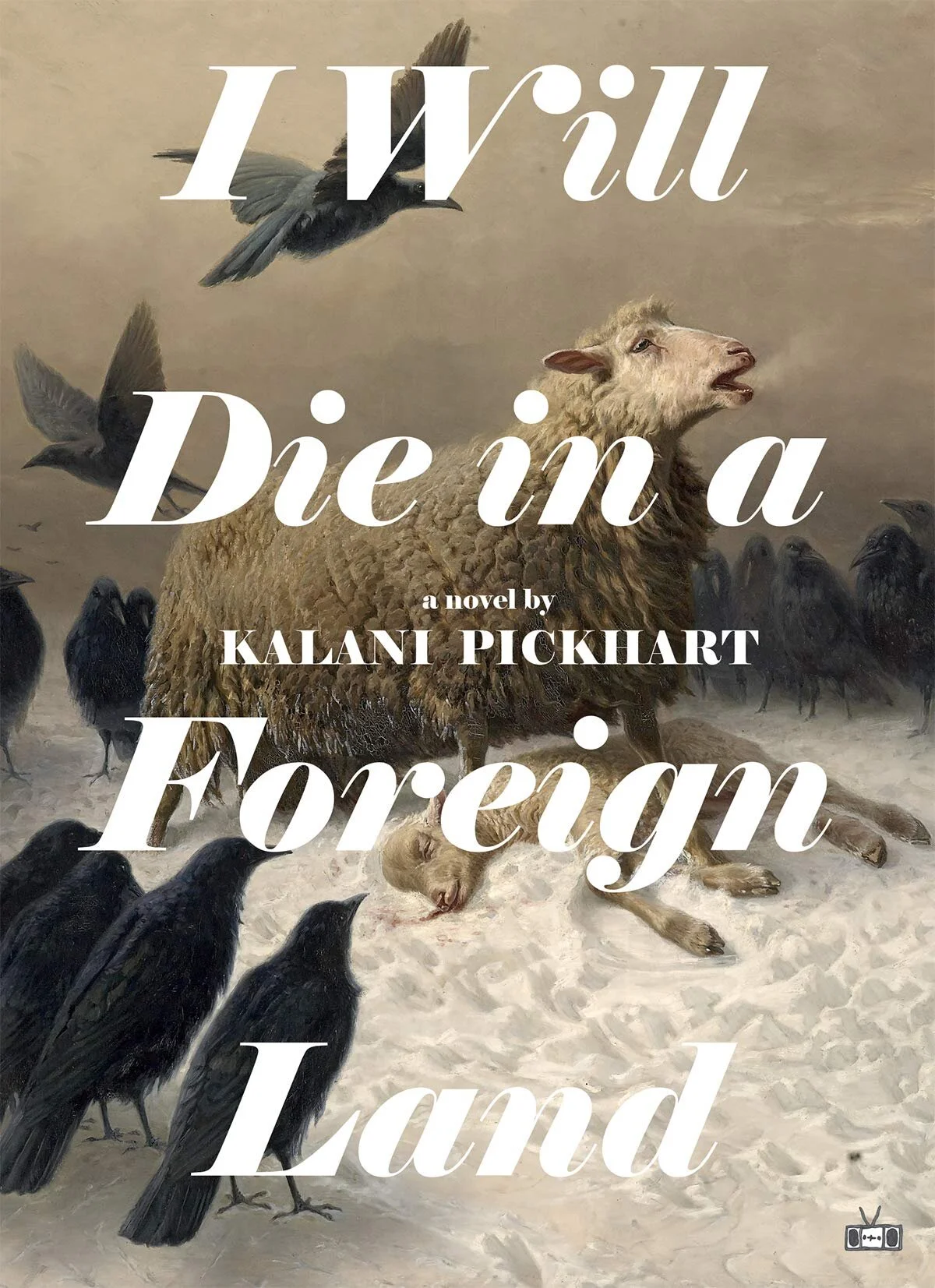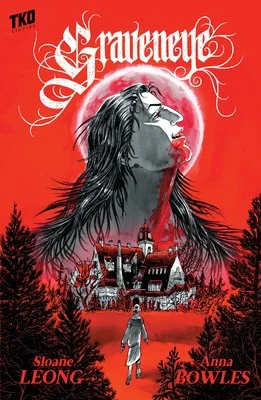Hot Off the Shelf: Pity the Beast by Robin McLean
[image description: The book cover of Pity the Beast, which looks like a desert mountain scene painted in reds, oranges, purples, and blacks. There’s a hint of a blue stream and a tiny black horse in the distance.]
Disclaimer: I received a free copy of this book in exchange for an honest review.
Content warning: rape
Pity the Beast by Robin McLean was described to me as an eco-feminist western and I was like, OKAY! I’m in!!
I know I review books all the time without spoilers, but with this one, I can’t say what I want to say without a spoiler, so consider this your warning. I’ll also say that the book is more character-driven than plot-driven so even spoiling the plot won’t really give you a sense of the essence of the book.
With that warning out of the way, I should give you the synopsis before diving in:
'I haven't read a book this dark and frank and sublimely written in a while. Maybe since Cormac McCarthy’s No Country for Old Men.' Alden Jones
Following in the footsteps of such chroniclers of American lunacy as Cormac McCarthy; Joy Williams; and Charles Portis; Robin McLean’s Pity the Beast is a mind-melting feminist Western that pins a tale of sexual violence and vengeance to a canvas stretching back to prehistory.
With detours through time; space; and myth; not to mention into the minds of a pack of philosophical mules Pity the Beast heralds the arrival of a major force in American letters. It is a novel that turns our assumptions about the West; masculinity; good and evil; and the very nature of storytelling onto their heads; with an eye to the cosmic as well as the comic. It urges us to write our stories anew—if we want to avoid becoming beasts ourselves.
Fun fact: when I was in high school and college, I was obsessed with Cormac McCarthy. The gritty western, fend for yourself against man and the harsh reality of amoral, uncaring wildnerness thing was really appealing to me then but I always wanted to see something similar done with women because the machismo came to bore me. So I was pretty excited when I got my hands on a copy of Pity the Beast.
In a nutshell, the plot is that the protagonist Ginny is married to Dan and has an affair with their neighbor, Shaw, whom the reader never meets. Ginny isn’t sorry for sleeping with Shaw and never apologizes, which I was glad for because I can’t abide a moralistic story about a fallen woman. Especially when the woman is just doing what men in countless stories before her have done and also not apologized for.
Ginny and Dan’s neighbors, aware of the gossip since Ginny doesn’t deny having an affair with Shaw, seek revenge on Dan’s behalf. They brutalize Ginny, gang-rape her, and leave her in a mass grave of farm animals to await death. But she’s not dead, so she rises from the pit and flees for the desert. The group follows and it’s unclear whether they intend to finish her off if they find her or drag her back to the ranch to continue her duties as wife and farmhand.
So that’s the setup. Yet Pity the Beast wasn’t what I thought it’d be. I thought the reader would be spending most of their time with Ginny, being inside her head, seeing how she survived the desert wilds, what her plans for the future were (would she live off the land? would she wait the mob of neighbors out and eventually return to her house? would she start a new life in another town?), and how she eluded the capture of the mob that chased her down. While we definitely get to spend some time in Ginny’s head, but the reader actually spends more time observing the mob of neighbors.
At first, I thought this was a confusing artistic choice. I mean, they’re fucking monsters––why do I care what they think? But 3/4 of the way into the book I had the thought that the mob is like an extended metaphor for the patriarchy. The mob consists of a handful of men and one woman, perhaps symbolizing the patriarchy and its female allies who suffer from internalized misogyny, and they’re chasing Ginny, who’s a “fallen woman” who refuses to seek their forgiveness and atonement, thus upsetting the social norm. The mob chases Ginny across the desert, through heat and snow, through lack of water, through injury, through spoiled food, and at some point, you as the reader realize that they’re never going to stop chasing her until either they find her or they die trying.
And you can’t help but think, what’s the fucking point for them? They could be at home in their warm houses, hanging out with their kids, enjoying decent food, and minding their own damn business but instead, they’re chasing this woman down (whom they don’t even like!) just to try to force her into some kind of sense of Victorian moralistic submission. And they’re doing this to their own personal detriment, which is definitely driven home at the end when the men are dead. If that’s not a metaphor for how the patriarchy functions, I don’t know what is.
In the end, the one woman in the mob, Ella, is left standing and Ginny rescues her and helps her get home to her kids. Accepting the mob as a metaphor of the patriarchy, I see how this action fits in. Feminism benefits all women, regardless of whether or not individual women choose to believe or participate in it.
Back to the comparable authors. The gritty western wilderness survival element is very Cormac McCarthy, but I also heard Pity the Beast likened to William Faulkner. I have mixed feelings about Faulkner. His concepts are extremely interesting (A Rose for Emily? Fucking gold. The Sound and the Fury? Fascinating!) but his execution is at times just plain confusing (Does anyone really understand As I Lay Dying? Why is his mother a fish again?). I got some of that sense here too. An eco-feminist western is a fascinating concept and one I was totally sold on, but occasionally the execution left me wondering what the hell was happening. I mostly got hung up on the talking mules and the arboreal census interludes that take place like 150 years in the future. I couldn’t figure out what I was supposed to gain from them.
There were definitely some parts I was struck by and that I’ll be thinking about for a long time. The sheriff’s lament on postcards, the meditation on how mountains are liquid waves in the eyes of god, and about how mythologizing a person makes them stronger. I’ll be thinking about those for a while. Likewise, there are several times the images were so visceral that I could feel them in my stomach: particularly Ginny crossing the river and the death of her horse. I won’t say more to avoid spoiling them, but those two are scenes I’ll be thinking about for a long time. Those unforgettable parts make the confusing parts worthwhile.
(This novel was also described as darkly comic and that element was entirely lost on me, I must admit. It was enough to make me wonder if I’m a little neurodivergent because I didn’t see any humor in the story. But maybe that’s another aspect I should try to ponder more?)
I suspect I’ll be thinking about this one for a while in general, but I’m also going to a book club meeting at the end of the month to discuss Pity the Beast and book clubs always make me see the book in a new light. So I’ll update this post with new insights then, but I wanted to go ahead and share my initial reaction with you since the novel just came out.
I’d say the comparable authors are extremely accurate, so if you like McCarthy, Faulkner, and Portis, you’ll definitely love Pity the Beast by Robin McLean!






